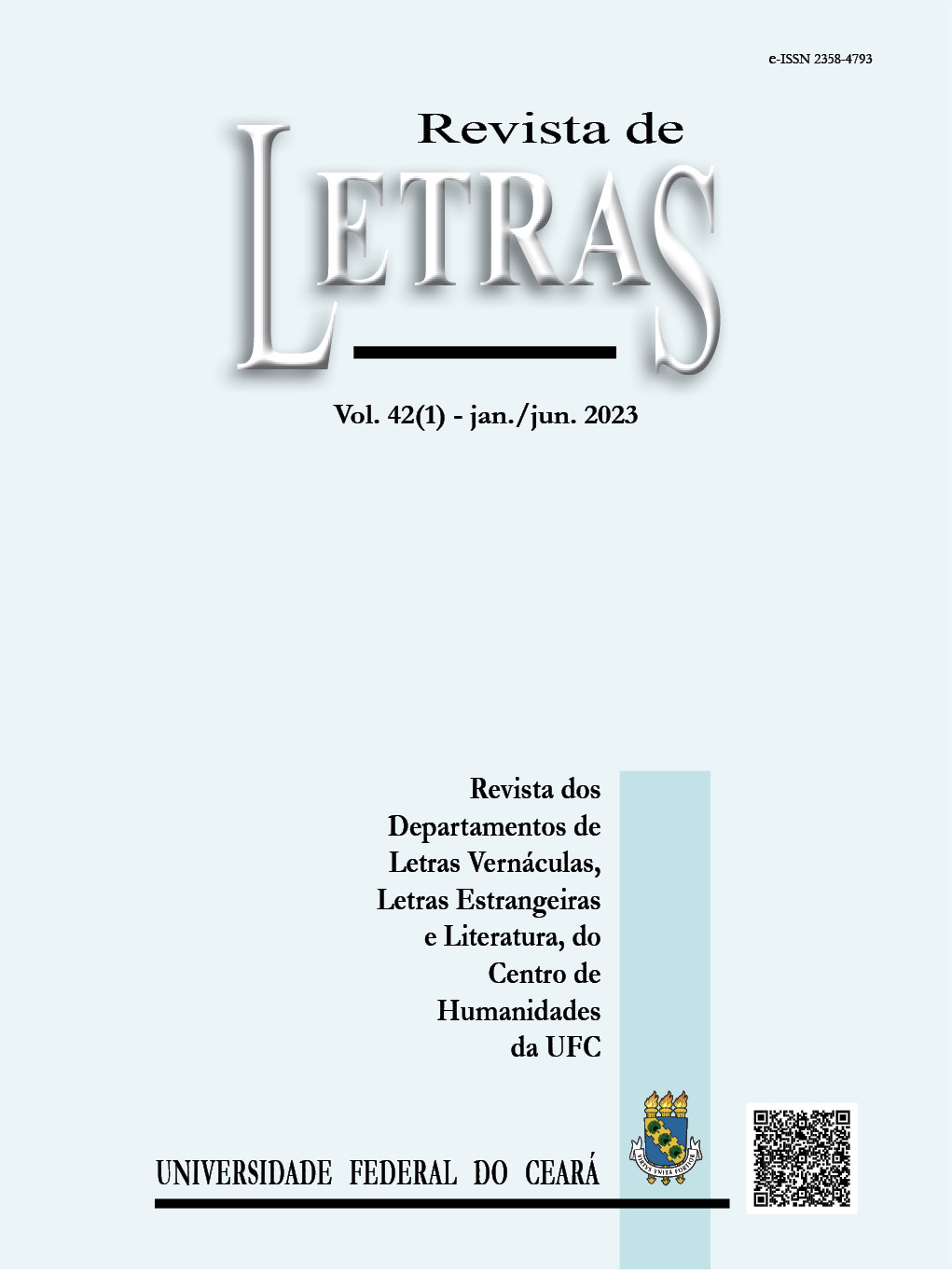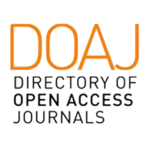Think Amerindia in a poetics of translating Ayvu Rapyta
DOI:
https://doi.org/10.36517/revletras.42.1.5Abstract
Along with the poetics of translating the text Ayvu Rapyta by León Cadogan (1959), in Mbyá-Guarani, we think about Amerindia, from the Poetics of Relation and the Diverse, concepts by Édouard Glissant ([1990] 2011) as points of reference. On the poetics of translating, it is based on the thought of Henri Meschonnic ([1989] 2006) and from Maria Sílvia Cintra Martins (2022). Our proposal intended to deviate from interpretation, as it established itself attentive to aspects of the diverse within the syntagma provided by the physics of translating, taking into account an extra-world possibility. For a theory of the poem in Amerindia, we reflect on the poem of the world, on the said, having this experience in the poetics of translating Ayvu Rapyta in Amerindia. We chose not to translate some words: tenondé, yvará, kuaa-ra-ra, among others. The language of our proposal is a language of the poetics of the relationship.
Downloads
Downloads
Published
How to Cite
Issue
Section
License
Copyright (c) 2023 João Paulo Ribeiro

This work is licensed under a Creative Commons Attribution 4.0 International License.
Autores que publicam nesta revista concordam com os seguintes termos:- Autores mantêm os direitos autorais e concedem à revista o direito de primeira publicação, com o trabalho simultaneamente licenciado sob a Licença Creative Commons Attribution que permite o compartilhamento do trabalho com reconhecimento da autoria e publicação inicial nesta revista.
- Autores têm autorização para assumir contratos adicionais separadamente, para distribuição não-exclusiva da versão do trabalho publicada nesta revista (ex.: publicar em repositório institucional ou como capítulo de livro), com reconhecimento de autoria e publicação inicial nesta revista.
- Autores têm permissão e são estimulados a publicar e distribuir seu trabalho online (ex.: em repositórios institucionais ou na sua página pessoal) a qualquer ponto antes ou durante o processo editorial, já que isso pode gerar alterações produtivas, bem como aumentar o impacto e a citação do trabalho publicado (Veja O Efeito do Acesso Livre).

.png)






.png)
